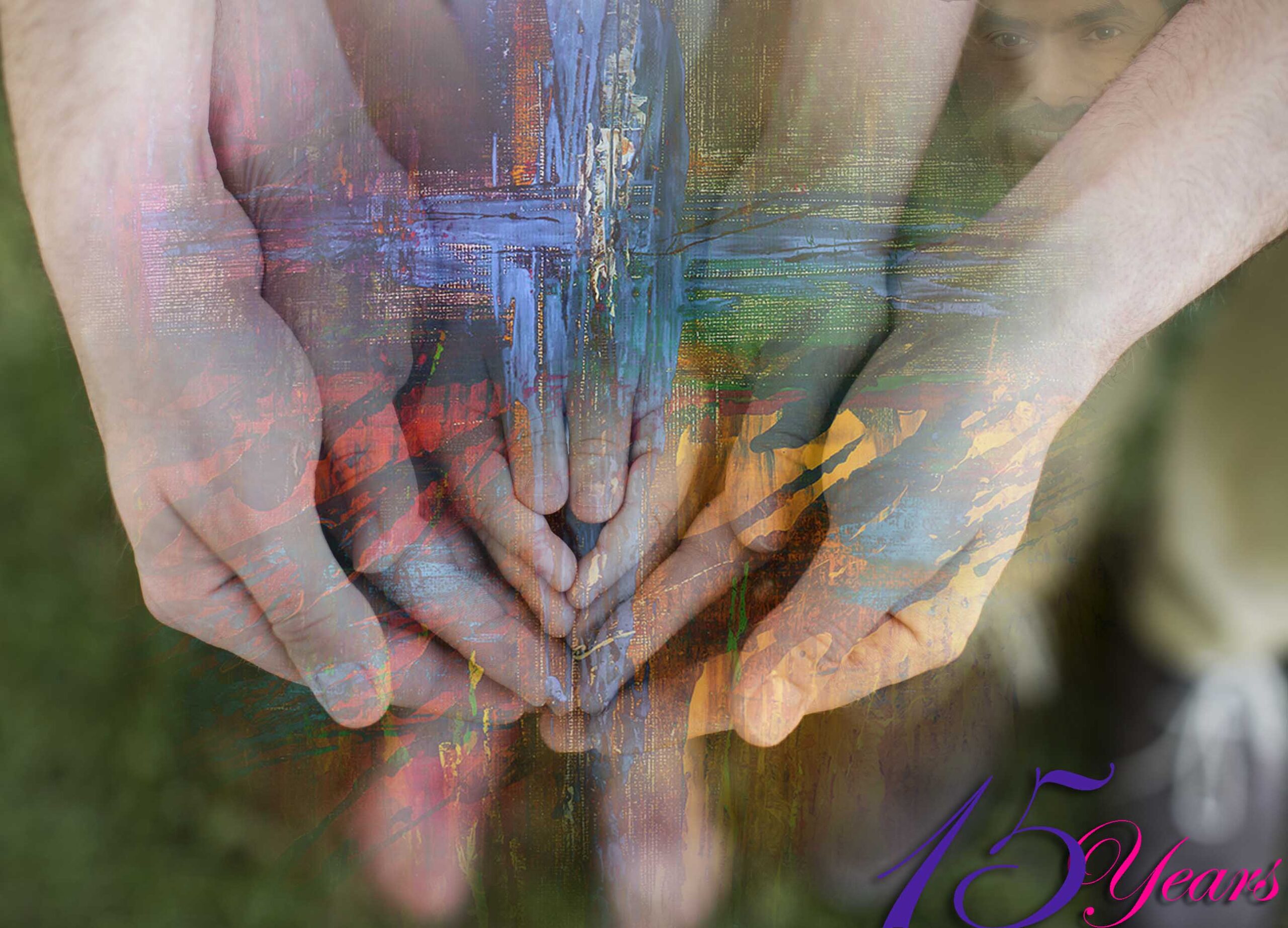Supporting!

Did you know that supporting family increases your lifespan?
So said Tobias Vogt of the University of Groningen, Netherlands, and co-researchers, the other day, in “Intergenerational Resource Sharing and Mortality in a Global Perspective” published in the Proceedings of the National Academy of Sciences.
Giving money or resources to your children or to your parents can make you live longer. The paper demonstrated a linear relationship between amount and frequency of such wealth transfers between generations and length of givers’ lives.
Said Vogt:
It’s a good idea to help others throughout the course of our lives.”
Apparently, longevity was positively affected by these intergenerational wealth transfers that can also include, besides money, houses, benefits, or time.
The authors suspected that one likely reason for the positive finding was that wealth transfers between generations occur in populations that displayed stronger social cohesion. And, perhaps that was the direct cause of one’s longer life?
France and Japan ranked first among countries with lowest mortality risk and highest average individual wealth transfers. South American countries also ranked high in terms of generosity. (At the other end were sub-Saharan African and Southeast Asian countries.)
Remarked another scientist, not associated with the paper’s authors:
There’s an evolutionary story being told here: Our collective endurance as a species isn’t about survival of the fittest individuals, but rather about survival of the most cooperative societies. To the extent generosity adds to longevity, it’s about our resilience to disease, or to earthquakes, or changes in climate.”
Vogt, again:
We suggest that this support reduces mortality by meeting urgent material needs, but also that sharing generosity may reflect the strength of social connectedness, which itself benefits human health and wellbeing and indirectly raises survival. One of the most valuable ways to transfer something important to a loved one is to cook and care and read to them.”
The Bible would agree.
If any widow has children or grandchildren,
let these first learn to practice godliness to their own household
and to make some return to their parents;
for this is pleasing before God. …
But if anyone does not provide for his own, and especially for [his] household,
he has denied the faith and is worse than an unbeliever.
1 Timothy 5:4, 8
Intergenerational family support was to be the first line of care for members in need, for “this is pleasing before God” and integral to the practice of godliness. What is “pleasing” before God (apodektos) is the “return” to parents (apodidōmi, a related word; 5:4). So, considering the relationship between these verbs, support of parents is equated to giving to God, himself!
In fact, even ancient secular society affirmed those values. Declared the philosopher Plutarch in the first century:
Both Nature and the Law … have assigned to parents, after gods, first and greatest honour; and there is nothing which men do that is more acceptable to gods than with goodwill and zeal to repay … those who bore them and brought them up …. Nor is there, again, a greater exhibition of an impious nature than neglect of parents or offences against them.”
And neglecting these intergenerational supports receives a serious rebuke in 1 Timothy 5—it is equivalent to denial of the faith and the one engaging not helping relatives is an infidel—a denier of the faith (5:8). In the exercise and expression of this faith in godliness, care for needy kin was to be a first priority—“let them first …” (5:4).
So … “let us first ….”
And may you live long!
SOURCES:
Proceedings of the National Academy of Sciences; CNN












 Abe Kuruvilla is the Carl E. Bates Professor of Christian Preaching at The Southern Baptist Theological Seminary (Louisville, KY), and a dermatologist in private practice. His passion is to explore, explain, and exemplify preaching.
Abe Kuruvilla is the Carl E. Bates Professor of Christian Preaching at The Southern Baptist Theological Seminary (Louisville, KY), and a dermatologist in private practice. His passion is to explore, explain, and exemplify preaching.